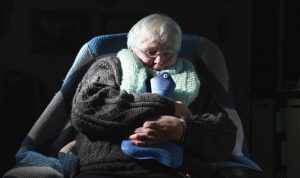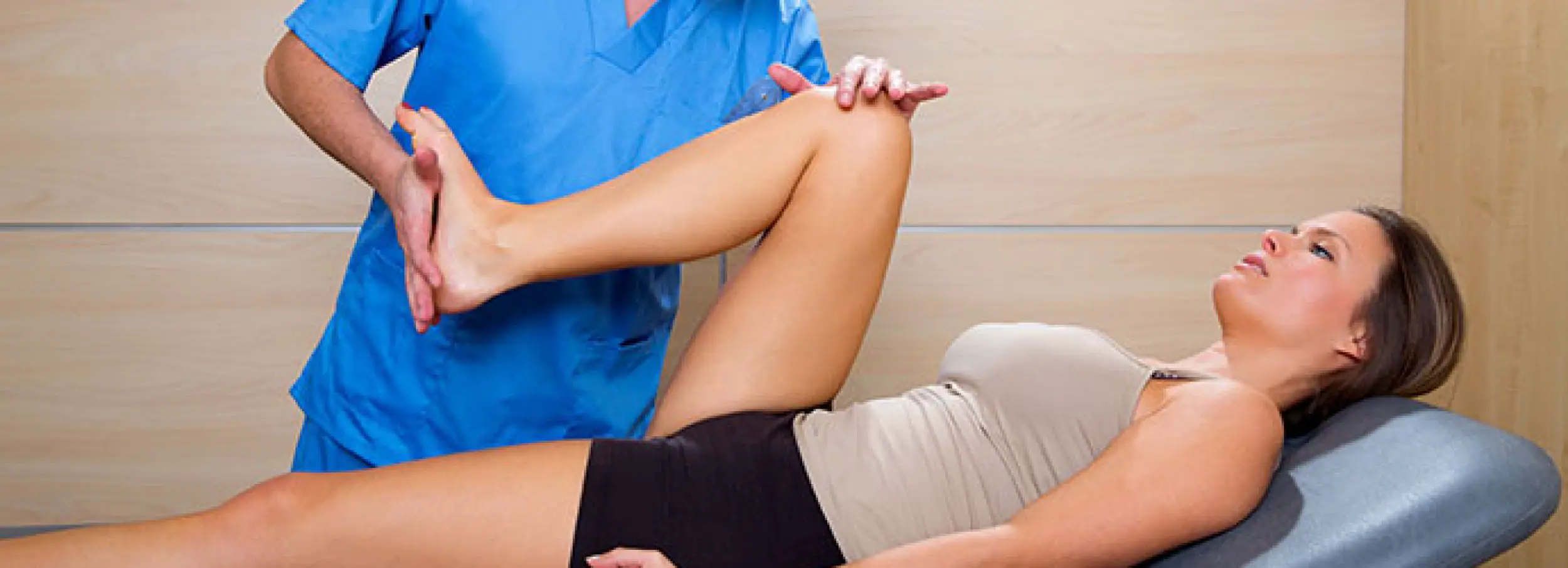We live in the UK and we all know our winters are not mild. Winter comes and your body know will know about it. Your joints, your muscles, your old wounds, everything can start to feel the change. It is as if your body were a precise meteorological instrument that tells you when winter arrived or is about to arrive.

Why is this happening? Why do bones hurt when the temperature drops?
Joint pain, when it is the product of a specific medical condition such as arthritis, can occur at any time of the day, at any time of the year. Cold, or wet weather, is not the cause of pain, but it is true that it can exacerbate it, increase it, and make us more susceptible to suffering it.
WHAT ARE THE CAUSES OF PAIN?
Joint pain is caused by illness or trauma.
The most common medical conditions that cause bone pain are:
- Osteoarthritis: is the most common type of arthritis and is caused by the progressive deterioration of the cartilage that cushions the movement between the bones.
- Rheumatoid arthritis: faults in the immune system cause attacks on the joints themselves triggering severe pain.
- Abuse of the body: overwork for long periods of time as well as bad body postures repeated throughout life often lead to joint and muscle pain in the later stages of life.
- Deficiencies in vitamins and minerals: low levels of vitamin D and collagen can affect the health of the joints.
- Menopausal Arthritis – Read more here
WHY THEN, DO OUR BONES HURT MORE IN WINTER?
If cold is not the cause, what is it about cold weather that increases joint pain in winter?
This has two basic causes.
First, during the winter we tend to move less. This is an evolutionary type of conditioning that we can see in action in the natural world wherever there is a winter season. The whole natural world slows down its rhythm during the winter; some animals simply leave the world and retreat to sleep through hibernation. The trees lose their leaves and the seeds go to standby mode. Everything in nature adopts a rhythm of energy saving.
We also reflect this general trend, we tend to save energy and we do it by moving less. This makes the joints stiffen, especially if there is already a precondition as we said.
The second reason why we suffer more from pain during winter is because during periods of cold weather the blood flow changes inside us. The circulatory system, which is an autonomous system that works beyond our will, reduces the amount of blood to the periphery of the body by decreasing the quantity received by the limbs.
In this way the body gives priority to the core of organs and concentrates the flow of blood in them to keep them warm and fully functioning.
These are the reasons why joints feel stiffer in winter, causing or increasing pain.
Of course age is also a factor to take into account. The tendons, cartilages, the lubricant between the bones, all these elements deteriorate as a result of the passage of time. Like everything else.
Older people lose flexibility in a natural way no matter where they live, be it in the tropics or in a cold climate.
When all these factors are added together we see that it is not surprising that the bones hurt during the winter.
What can be done?
If there is a previous medical condition, such as those we saw earlier, we will assume that there is a medical treatment which is followed regularly. This, of course, should not change at all in winter.
Even though this is so, there are several supplements that could help reduce pain and increase the level of general joint health.
- Glucosamine: it benefits the cartilage and has an anti-inflammatory and slightly analgesic effect.
- Omega 3 and fatty acids: another antagonist of inflammations, especially those caused by rheumatoid arthritis.
- Ginger: excellent natural analgesic and anti-inflammatory.
- Methylsulfonylmethane (MSM): has been used to treat various types of arthritis.
- Vitamin D: according to what was mentioned before it is recommended to slightly increase the daily dose of this vitamin during the winter months.
- Keep fit and Health stay young at heart. Cycling is excellent and proven to help fight Arthritis!
These products are helpers and should not, at any time, replace any treatment prescribed by a doctor. In any case the supplements should also be taken following the prescribed doses.
THE PHYSICAL ASPECT
On the other hand there is much that can be done to supplement the consumption of medicines and supplements.
What we are going to suggest next focuses on what we could do externally as part of our strategy to reduce pain and prevent it from severely limiting our daily activities.
Once the medical cause of the problem has been addressed, it is time to see how to cancel the effects of weather, cold and humidity, which increase the feeling of pain and stiffness in the joints.
The emphasis is on movement. I repeat the keywords, stay active.
- Protect yourself from the cold by wearing appropriate winter clothing; clothing that keeps you warm and protected. The body needs to feel warm to nullify the effects of the lack of blood in the joints.
- If you spend long immobile moments, such as watching TV or reading, do not get up suddenly, move your wrists or knees in slow circles before getting up to do something else, give the joints an opportunity to reestablish the flow of blood and get rid of stiffness.
- Acquire a simple exercise routine. This is quite useful at any time of year but especially necessary in winter. In this way the natural tendency during the cold season to live slower than usual is counteracted. Half an hour of exercise a day, or two or three periods of ten minutes each if personal physical conditions demand it, is sufficient to achieve a general state of well-being.
- Check your body postures; ask for help from those around you to identify incorrect positions, especially if they have to be held for a long time during the day.
- Take into account also the Seasonal Affective Disorder, the fall of mood that the winter months produce in the personality. Depressions increase the perception of pain and drive the person to inactivity and passivity.
- Applying heat to the area affected by the pain helps to alleviate it.
- Keep a positive and open attitude to make winter a productive time.
- Remember that staying warm and active is the best way to combat those winter pains.
Winter should never be an impediment to continue the pace of life we enjoy in warmer seasons. With a little attention to the essentials it is possible that any physical discomforts are not worse than at any other time of year.
REFERENCES:
- www.axappphealthcare.co.uk/
- https://www.uchicagomedicine.org/prevention-and-screening-articles/its-cold-outside-do-your-joints-hurt
- https://www.webmd.com/arthritis/arthritis-guide
